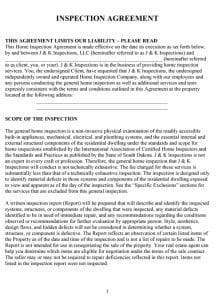The majority of home inspection preparation rests on the property seller.
- If the property is unoccupied, be sure the electricity, gas, oil, water, etc., are turned on. The home inspector will need to test heating and cooling systems, appliances, plumbing, faucets, and more. Without utilities, required testing cannot be done and thus result in an incomplete inspection. Incomplete inspections can delay closing of the home.
- For liability reasons, home inspectors will not light pilot lights on stoves, water heaters, furnaces, etc. When pilot lights are not lit, inspections are rendered incomplete which can result in delay in closing of the home.
- Provide access to the water heater, electrical panel, heating and cooling units. The inspector must be able to remove the electrical panel cover, so if it is locked, remove the lock.
- Attics, basements, crawlspaces, garages, sheds, and outbuildings all need to be accessible to the home inspector. Clear and obstacles or blockages to these areas.
- Make sure all operating windows have screens and that the screens are in good repair.
- Make sure that there is a minimum of one smoke detector per floor.
- Dishwashers, dryers, and washing machines will be tested. Even if the appliance is not included in the sale, the inspector will run the machine to ensure that the plumbing, venting and electrical supplies are in working order.
- Remove or restrain pets on site.
Pre-Inspection Agreement
Click on image to download Home Inspection Agreement.
Please print, fill out and have ready for the inspection.

Member of the International Association of Certified home Inspectors • License Number: 16154

